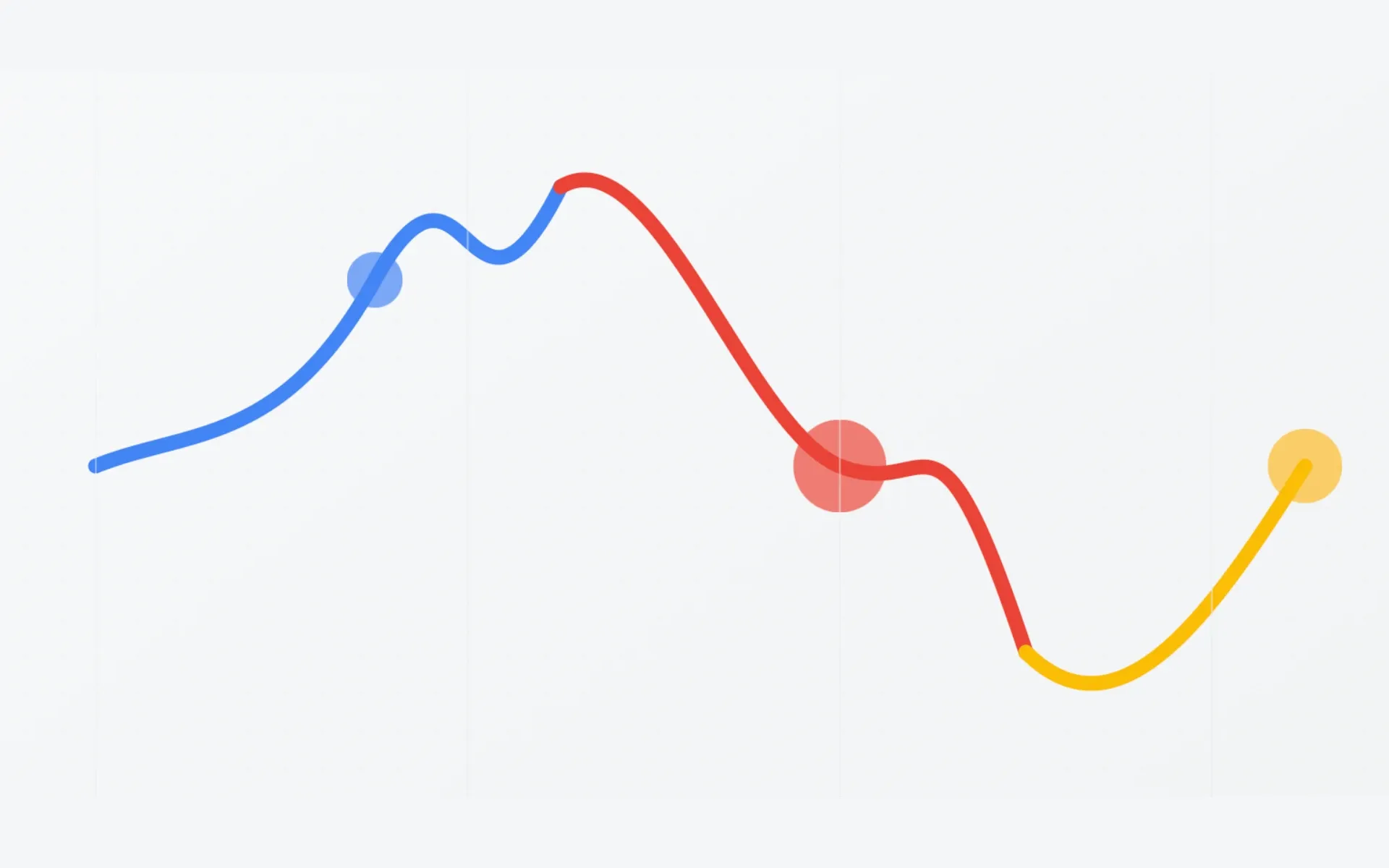Google's December core update raises concerns over rapid algorithm changes
Google's December core update shows significant volatility just a week after November update completion, impacting websites globally.

Google announced its December 2024 core algorithm update on December 12, 2024 at 10:46 AM ET, marking the fourth core update of 2024. The announcement comes only one week after the completion of the November 2024 core update, reflecting an accelerated pace of algorithmic changes.
According to multiple industry tracking tools, the December update is showing higher volatility levels compared to the November iteration. SimilarWeb, Advanced Web Rankings, Mozcast, Algoroo, Semrush, Accuranker, Wincher, Sistrix, Cognitive SEO, Mangools, SERPstat, and Data For SEO all reported significant fluctuations in search rankings.
"The December core update seems to be impacting more sites based on initial data," stated Barry Schwartz, industry analyst at Search Engine Roundtable. "Many webmasters are reporting substantial traffic changes across different verticals."
Several website owners have reported significant drops in organic traffic. One European e-commerce operator noted a 75% decrease in traffic over two days. The impact appears particularly pronounced in the retail sector, with grocery stores in Germany and other Western European countries experiencing notable ranking changes.
Morgan, a content creator at Charleston Crafted, reported: "Big drop off for us. Merry Christmas indeed." This sentiment was echoed by numerous other webmasters in industry forums.
The technical impact varies by sector. Business-to-business (B2B) websites are experiencing typical seasonal traffic patterns, with expected decreases during the holiday period. However, the algorithmic changes appear to be amplifying these seasonal effects.
Data from WebmasterWorld forums indicates that some websites are seeing traffic reductions of up to 90% compared to the same period last year. A site owner operating since 1993 reported their lowest page views ever, with last year's Christmas Day traffic being double current levels.
The update affects different types of content differently:
- News websites report unstable rankings with rapid fluctuations
- E-commerce sites show mixed results, with larger platforms generally maintaining positions
- Smaller websites across various sectors report significant traffic decreases
- Video content appears to maintain strong visibility in search results
Industry professionals note particular challenges for specialized content producers. An established widget information website reported unprecedented low traffic levels despite having relevant and unique content with specialist information and images.
The timing of the update, coinciding with the holiday season, has raised concerns among online retailers. Historical data suggests that year-end traffic typically begins declining around December 13, with a larger drop expected around December 20.
Some webmasters report seeing increased prominence of AI-generated overview snippets in search results, potentially reducing click-through rates to websites. According to forum discussions, these snippets now appear in 47% of search results, contributing to higher rates of zero-click searches.
The impact extends beyond English-language searches, with websites in Eastern Europe, Germany, and other regions reporting similar effects. Multiple tracking tools indicate that the update's influence spans across different languages and geographic regions.
Analytics data shows rapid ranking changes, with some websites experiencing complete position shifts within hours. Several webmasters report their content moving from first page results to much lower positions, often being replaced by larger platforms, social media sites, and video content.
Google has indicated the update will take approximately two weeks to complete. The company maintains its standard position that there are no specific fixes for sites experiencing negative impacts from core updates, advising instead to focus on creating high-quality content.
For website owners affected by the update, Google recommends reviewing their core update guidance while acknowledging that rankings can change as the update continues to roll out. The company has also indicated that more frequent core updates may become standard practice in 2025.

